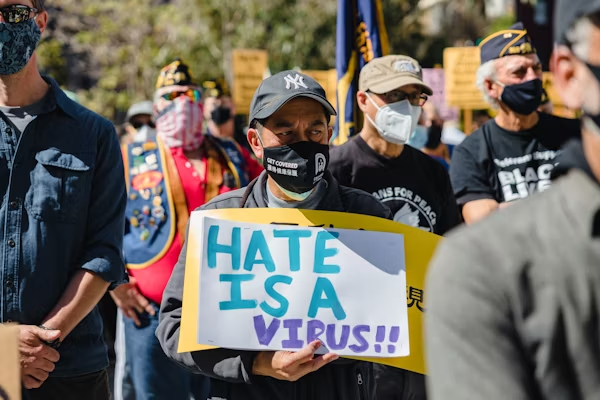The Australian government recently passed new hate crimes legislation in the Senate after agreeing to introduce mandatory minimum sentences for various offences. This move marks a significant shift in the Labor Party’s stance, as it previously opposed mandatory sentencing.
The new laws establish the following mandatory minimum sentences:
- Six years imprisonment for terrorism offences;
- Three years for financing terrorism;
- One year for displaying hate symbols, including Nazi salutes.
These changes come in response to a recent surge in antisemitic incidents and attacks in Australia, particularly in Sydney and Melbourne. The government has described these new laws as the “most stringent” ever implemented against hate crimes in the country.
The legislation also introduces new offences that criminalize threats of force or violence directed at specific groups based on attributes such as sexual orientation, gender identity, disability, religion, or ethnicity.
While the government argues that these measures send a strong message against hatred, the decision has faced criticism from various quarters. Some experts and politicians view mandatory sentencing as problematic, arguing that it undermines judicial independence and may lead to unjust outcomes. Critics also point out that this move contradicts the Labor Party’s national platform, which traditionally opposes mandatory sentencing.
The government has acknowledged these concerns and implemented a two-year review period to assess the efficacy of the new measures. Despite the controversy, the legislation passed with support from the Coalition, government, and some independents, while the Greens and other crossbenchers opposed it.
Our team at Brooke Winter Solicitors specialise in criminal law. Our role is to sit down with you and work out the strategy that will get you the best possible result in accordance with the law. If you have any questions about this article or any other topic of law, please call our team of experts on 1300 066 669.





